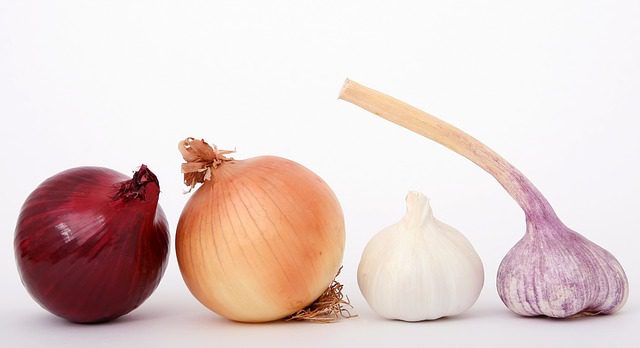
The cute and smart animals known as rabbits love to consume whatever they can get their hands on. You may be wondering if it’s okay for your rabbit to eat onions if you own a rabbit. Did you know that onions, although being a common kitchen ingredient, may be hazardous to rabbits? You will get all the knowledge you require to keep your bunny secure and healthy in this blog post as we investigate the subject, “Can rabbits eat onions?” So continue reading if you want to understand more about the dangers of feeding your rabbit onions!
No, rabbits can not eat onions. Onions may be a staple in most households, but they’re not safe for rabbits to eat. In fact, onions or any members of the onion family are toxic to rabbits and can cause serious harm.
Onions contain compounds that can cause anemia in rabbits, which is a condition where there aren’t enough red blood cells to carry oxygen throughout the body. This is because onions contain sulfur-containing compounds called thiosulphates.
When rabbits consume onions, these compounds destroy their red blood cells and reduce the amount of oxygen that reaches their organs. Lethargy, weakness, or respiratory issues may arise as a result, in your rabbit.
It’s important to note that all types of onions are harmful to your rabbit – whether it’s raw, cooked, or powdered. Even small quantities can cause serious health problems and shouldn’t be given as treats or included in their meals.
In some cases, onion poisoning can lead to death if not treated immediately. Therefore you must keep onions out of reach from any pets, including rabbits who might accidentally eat them.
As responsible pet owners, we must always ensure our pets’ safety by keeping toxic foods away from them; this includes onion which should never find its way into your rabbit’s diet!
If your rabbit has eaten onions, do not panic. The first thing you should do is remove any remaining onions from their reach and observe them closely for the next few hours.
Symptoms like vomiting, diarrhea, and appetite loss are just a few of the gastrointestinal upsets that onions can give rabbits. If you notice any of these signs or if your rabbit becomes lethargic or shows other abnormal behaviors after consuming onions, contact your veterinarian immediately.
To help alleviate any potential digestive issues caused by onion consumption, provide your rabbit with plenty of fresh water and hay. You may also want to limit their diet to just hay for a day or two until they recover.
Remember that even small amounts of onions can be harmful to rabbits over time, so it’s important to keep all forms of onion away from them at all times!

There are some varieties of onions that are less dangerous than others, even though onions are well recognized to be detrimental to rabbits. Compared to traditional onions, green onions, and scallions, for instance, have a softer flavor and less potentially dangerous chemicals. However, feeding your rabbit any type of onion is still not advisable.
Leeks and shallots are also part of the onion family but do not contain as much thiosulphate as regular onions. Nevertheless, they should still be avoided because consuming even small amounts can cause health issues for your bunny.
It’s important to note that chives are also part of the onion family and should never be eaten by rabbits due to their high toxicity levels.
Rabbits are herbivorous animals and require a diet that is rich in fiber. Hay, vegetables, and limited amounts of fruit should make up most of their diet.
Hay should be available to your rabbit at all times as it helps maintain healthy teeth and digestion. Timothy hay is the most commonly recommended type for rabbits.
Leafy greens like kale, spinach, and parsley can also be added to their diet but only in moderation. For rabbits, carrots are frequently regarded as a staple food, however because of their high sugar content, they should also only be fed occasionally.
Fruits such as apples, bananas, peaches, or pears can be offered once or twice a week as an occasional treat but shouldn’t exceed 10% of their total daily intake.
Commercial rabbit pellets can provide additional nutrients but shouldn’t comprise more than 25% of your rabbit’s daily food intake.
Fresh water must always be available for your bun, so invest in a drip-feed bottle instead of using bowls which may get easily contaminated with droppings or bedding material. Ensure you regularly clean out any spillages too!
As we have established, onions are not safe for rabbits to consume. So what about the different parts of an onion? Can any part be given to a rabbit?
The simple answer is no. All parts of the onion plant contain compounds that can cause harm to your furry friend. This includes not only the bulb but also the leaves, stems, and even flowers.
In fact, Wikipedia claims that these plants’ poisons are more concentrated in their leaves and stems than in their actual bulbs.
Onions are dangerous for rabbits to ingest and can seriously harm their health. Any variety of onions, including their leaves and bulbs, should also be avoided as food. Instead, feed your pet rabbits a balanced diet that includes hay, fresh fruits herbs, and veggies that are nontoxic to them.
If you suspect that your rabbit has eaten onions or shows any unusual symptoms after consuming other types of food, it’s essential to seek veterinary care immediately. Remember that prevention is always better than cure concerning pet health.
You can help keep your rabbit happy and healthy for years to come by making sure they have access to a well-balanced diet and avoiding dangerous items like onions.
